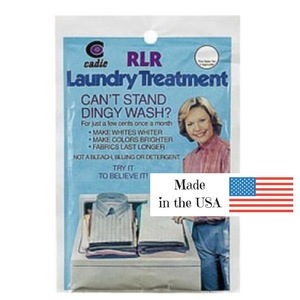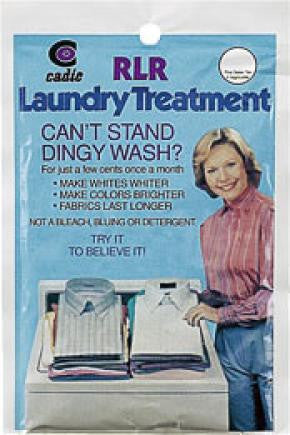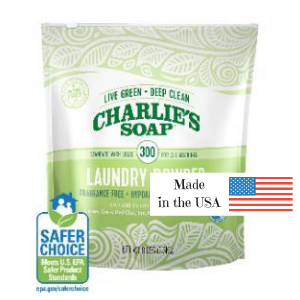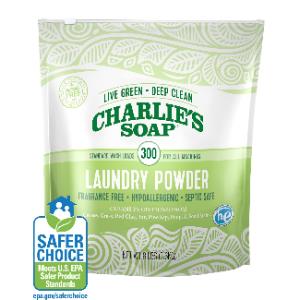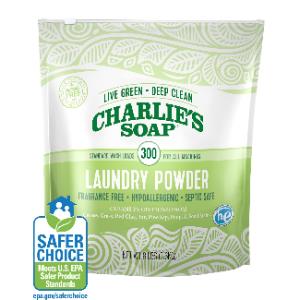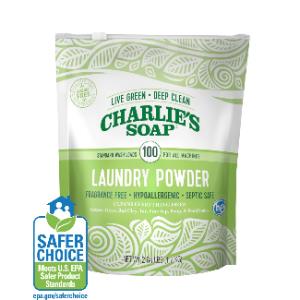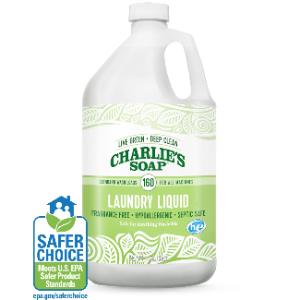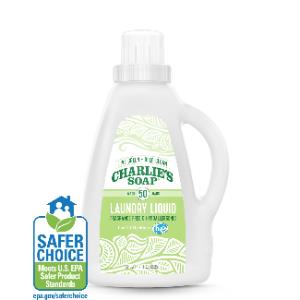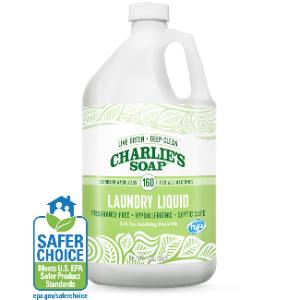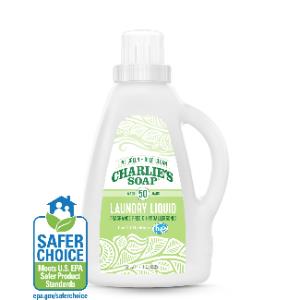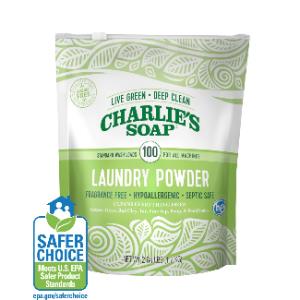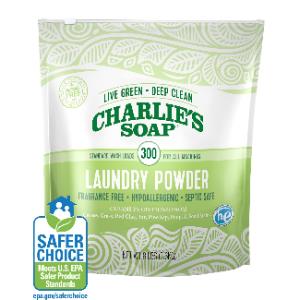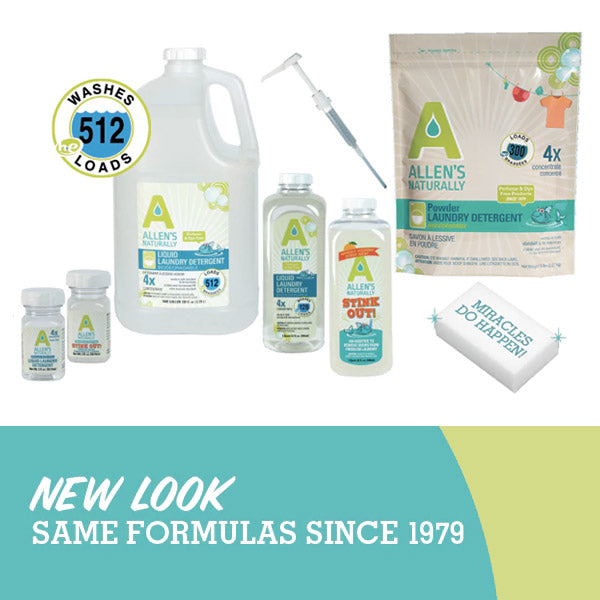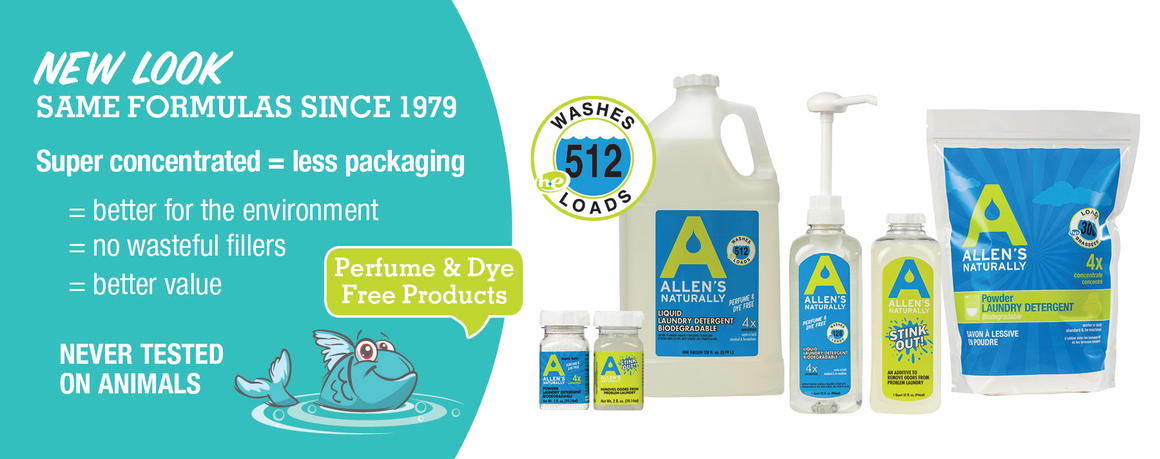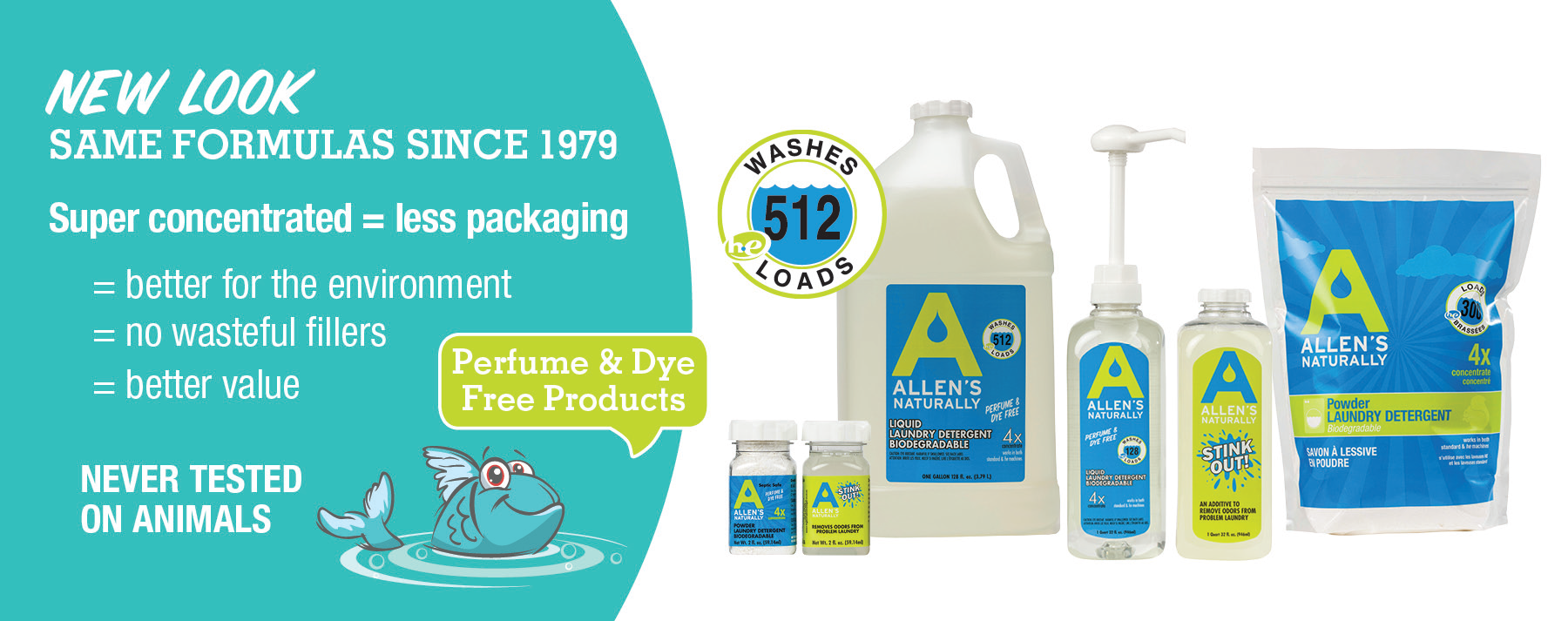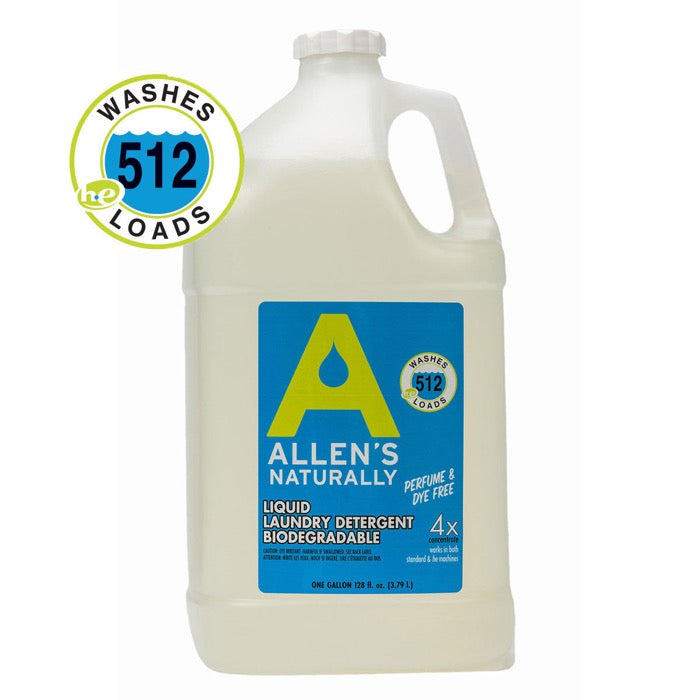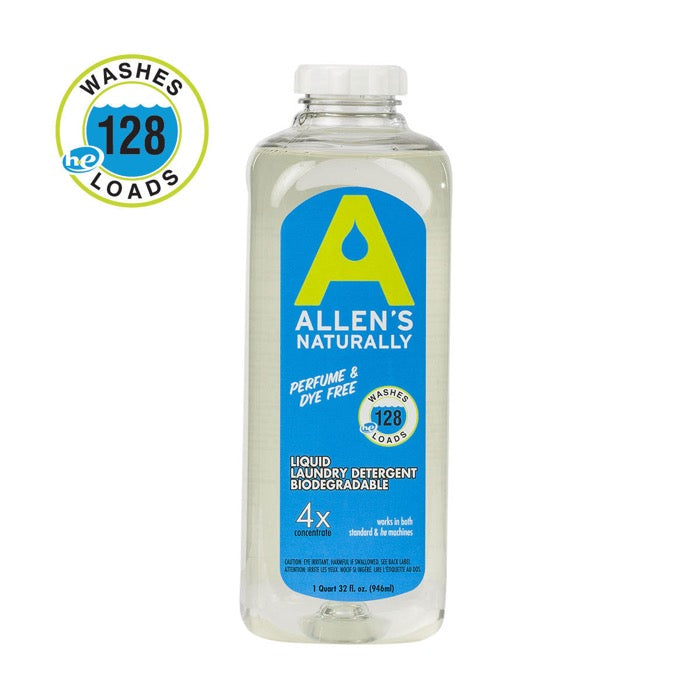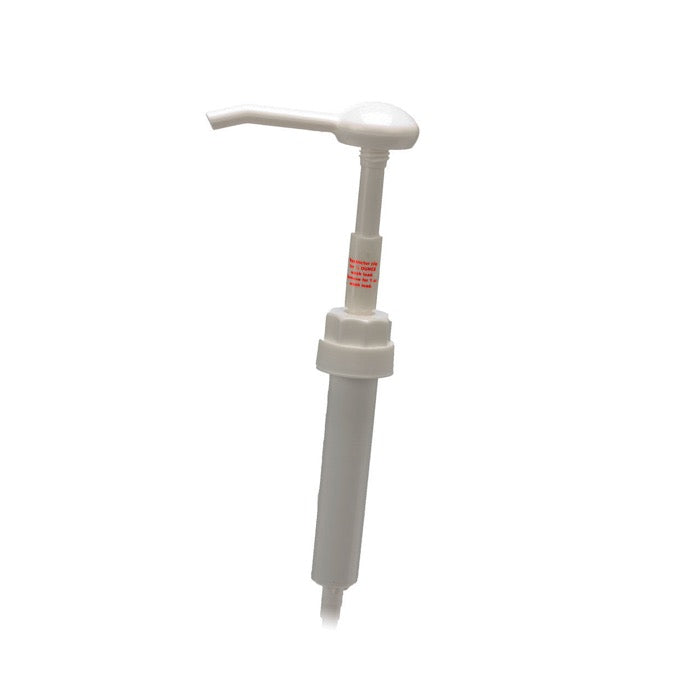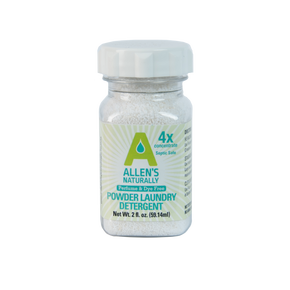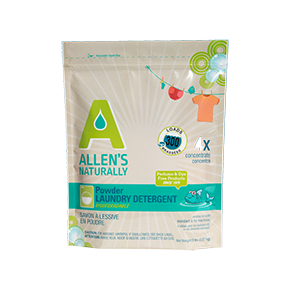Great for stripping cloth diapers! We also love it for removing build-up from kitchen rags, towels, shirts, chef wear, aprons, and more. Once you realize the effects of this product, you will want to start using it for so many things!
Removes dried-in mineral deposits and detergent residue from clothing and diapers. Makes whites whiter and colors brighter for just a few cents once a month. Not a bleach, blueing, or detergent. No phosphates. Biodegradable!
How does it work?
RLR Laundry Treatment works by removing particles, holding them in suspension in water, and preventing them from being redeposited on fabric.
Directions for Stripping Cloth Diapers
For top loading washers, add 1/2 pouch to a hot wash. For HE washers, use 1/3-1/4 the pouch. RINSE and RINSE some more until suds are no longer visible. You may try using 1 full bag (1/2 bag for HE) for diapers that have extreme repelling issues.
Directions for General Use
Open package and empty directly on dry or wet laundry in washing machine. Wash as usual with detergent, softener, etc. as desired. RLR can also be used for hand-washing of one or two small pieces of clothing - just use a small amount in a basin of water.
How do I know if I need to strip my diapers or other clothing/fabrics?
There are two main things you might notice! Diapers or other fabrics may not readily absorb liquid. For some fabric, this is the nature of the fabric (tighter weaves do take longer to absorb moisture), however, for others it can be a result of build-up/residue from minerals and detergent. Do your kitchen towels simply push the liquid around when trying to clean up a mess, despite the fact that they are a loopy, terry material? Do they look dark and dingy? Chances are they could stand to be stripped!
The other sign of build-up is the trapping of odors and bacteria that can cause odors. For example, a cloth diaper or garment may smell clean after being washed and dried, yet once it gets wet (with urine, with sweat, or other moisture), there is a distinct stronger odor. With cloth diapers, it can often be described as a fishy smell or extremely strong ammonia smell. With shirts, often deodorant residues have bound with detergent in the armpits. With kitchen wear, often the oils that never fully wash out, stick to fabric, become rancid, and leave behind acrid odors.

